Play AI, a Las Vegas-based startup, has successfully raised $4.3 million in a seed funding round aimed at enhancing the gaming industry with artificial intelligence. This funding will enable Play AI to develop middleware for AI models and agents, providing game developers with advanced tools and high-quality data to enhance gaming content and reward users for their gameplay contributions. This latest funding round values the company at $70 million.
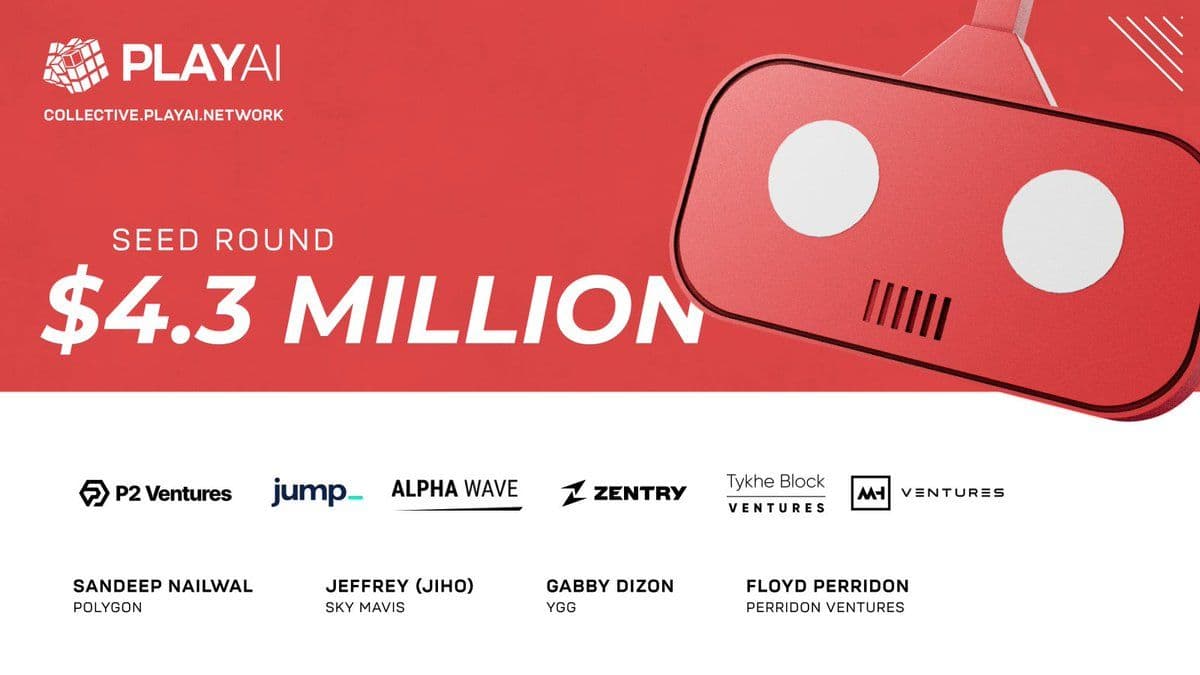
Play AI Raises $4.3 Million
Valued at $70 Million
The six-month-old company, which has been in stealth mode for the past three months, has garnered the interest of several institutional investors including P2 Ventures, Jump Crypto, Alphawave, Zentry, MH Ventures, and Tykhe Block.
"Artificial intelligence is the future of gaming and virtual worlds, but the cost and complexity of development has long been a major roadblock to adoption," said PS Ramees, CEO of Play AI. "By making it incentivized, simple, and secure to deploy, we are ushering in a new chapter for gaming, where any developer can easily add AI elements like non-player character (NPC) agents, auto-generated worlds, automated dialogues, and story trees."
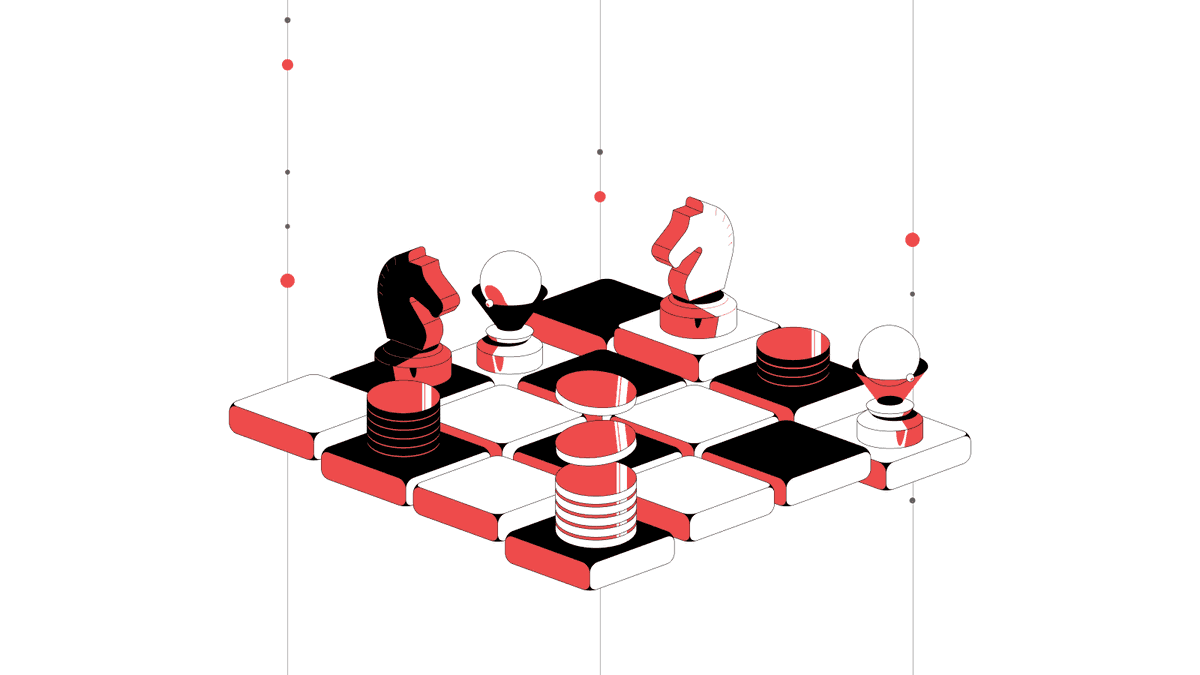
Modular Chain for Gaming AI
AI Meets Blockchain Technology
Play AI’s platform is designed as a modular chain for gaming AI, which uses blockchain technology to create a decentralized network for AI model training and data attribution. This network ensures transparency and fairness, and it introduces a new monetization stream for gamers through non-fungible tokens (NFTs).
The platform incentivizes gamers to share their gameplay data on its Play Collective platform. This data is then used to build and train AI models based on the actions and engagement of highly ranked players. These models are made available on Play AI’s Gaming Agent Marketplace, allowing developers to integrate a rich range of AI capabilities into their games quickly and cost-effectively.
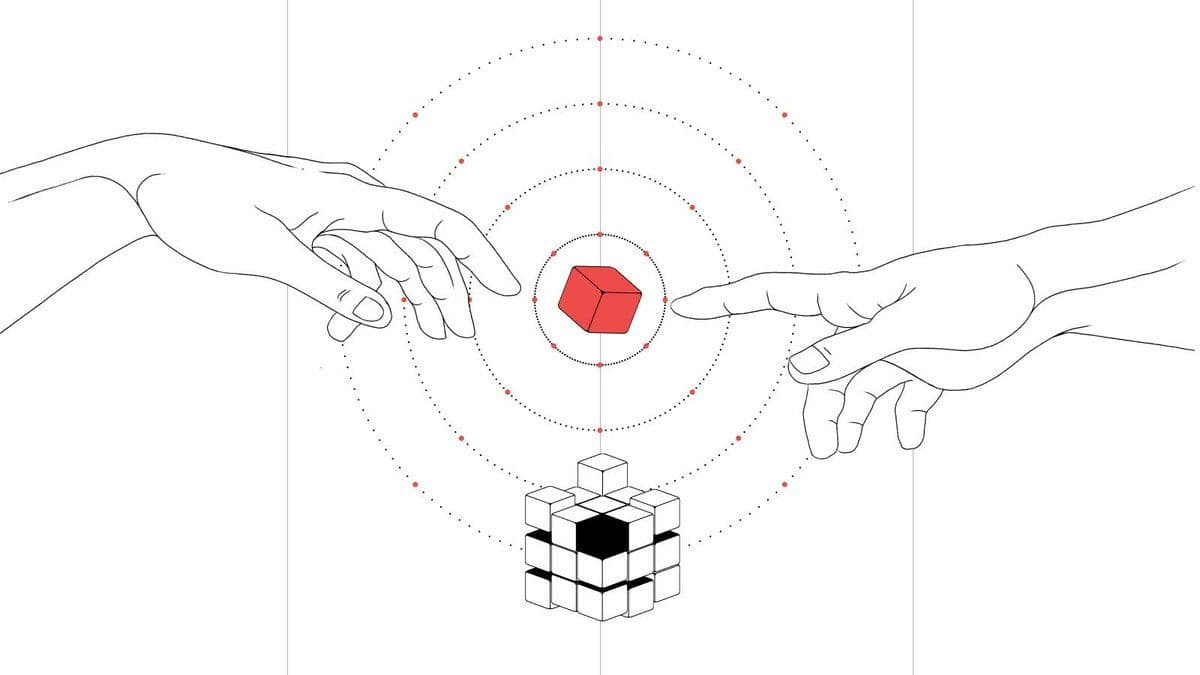
Real-Time Experiences Tailored to Player Preferences
Real-Time Immersive Experiences
Developers traditionally rely on centralized systems for accessing data and AI models, which come with limitations such as high computing resource requirements, privacy concerns, and lack of transparency. Play AI aims to overcome these barriers by providing a decentralized ecosystem that empowers game developers to create immersive, real-time experiences tailored to player preferences and skill levels.

Play DOjo
Play AI offers three main components: Play Markets, which aggregate and validate user gameplay data; Play Dojo, a sandbox environment for training AI agents using decentralized compute resources; and Play Hub, an SDK for integrating AI agents into games, allowing them to be ranked and rewarded by gamers.
Secured as an actively validated service on Eigen Layer, Play AI's infrastructure ensures the integrity of its network and the reliability of its AI agents. The Play Collective platform has already launched, inviting users to share their gameplay data and earn rewards.
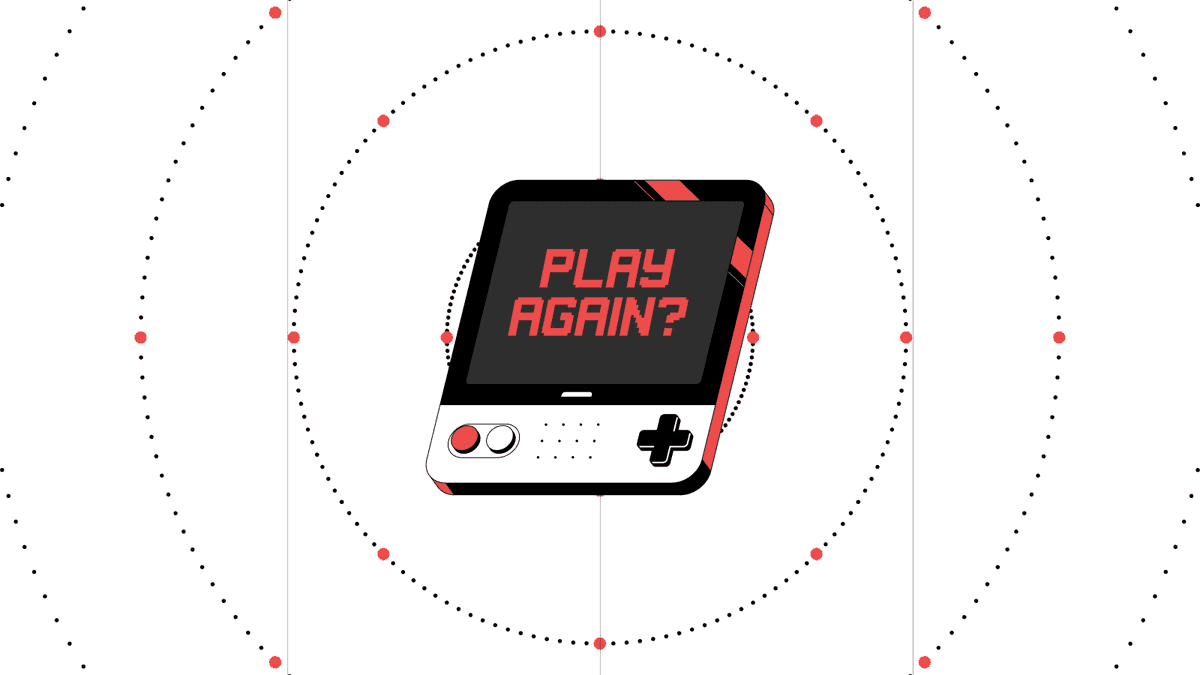
CEO of Play AI PS Ramees Inspired by Ready Player One
Inspired by "Ready Player One"
CEO of Play AI, PS Ramees, who previously created gaming VR experiences for brands like Adidas, Prada, and Walmart, envisions a future dominated by virtual and immersive experiences powered by AI. Inspired by Ernest Cline’s novel "Ready Player One," Ramees aims to build technology that personalizes gaming experiences for every user.
“If you look at the market right now, there are two ways to go about this. One is you create the game yourself. And you train the agent or the model or you get the data from that game itself, which is great. But that takes a lot of hours or even years to get it up and running. And it is just a single game. What we are doing is different is we are going to establish within existing virtual environments and games. And we are collecting the data, personalized user data from all of this,” said CEO of Play AI, PS Ramees.
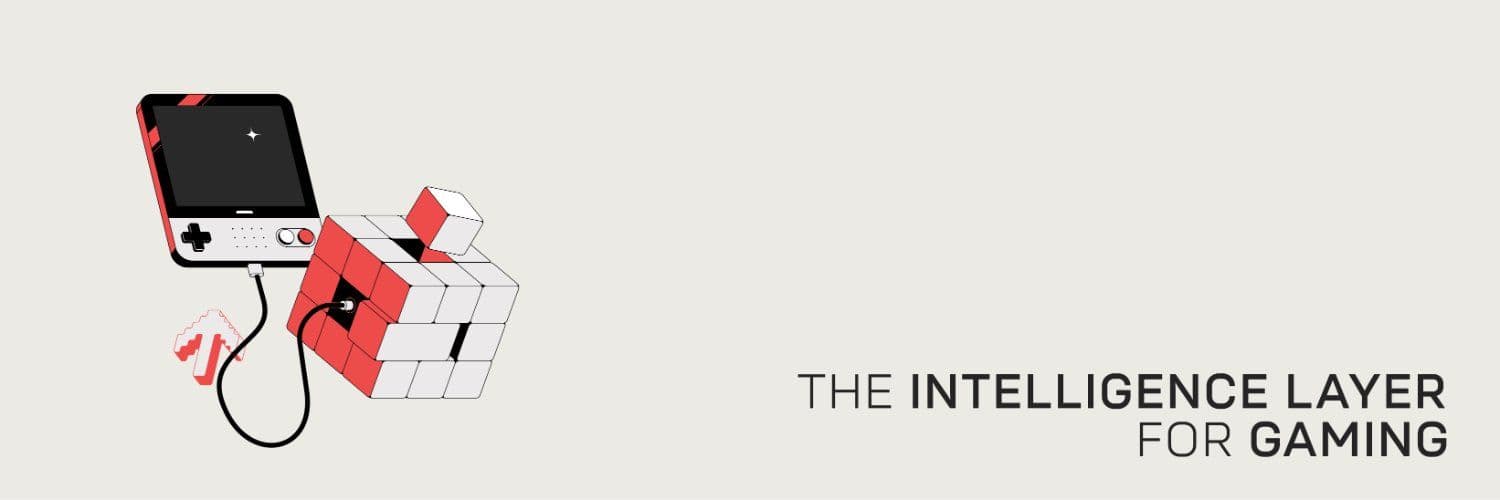
The Intelligence Layer for Gaming
Play AI’s team, split between the U.S. and India, is working on a dashboard and planning to target open-world player-versus-player shooter games first, with the potential to expand to hyper-casual games. The technology is designed to be agnostic to whether games are web2 or web3, although the company is initially focusing on web3 games due to the team's familiarity with this approach. Ultimately, Play AI aims to allow gamers to earn from their gameplay in ways that do not interfere with the in-game economy, creating a new paradigm for the gaming industry.



